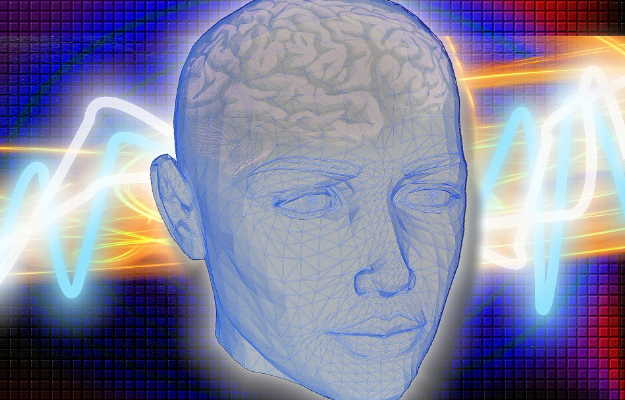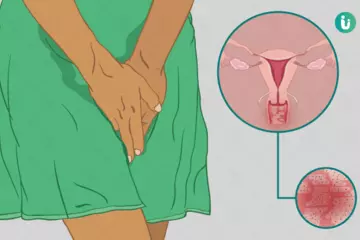The word prion comes from "proteinaceous infectious particle". The "protein-only hypothesis" explains how the infection-causing agents in prion diseases contain only proteins and no nucleic acid (nucleic acids are present in RNA and DNA).
Prion is a protein which can trigger abnormal clumping and folding of proteins in the brain, resulting in impaired memory, changes in personality and inability to maintain bodily functions including normal body movements. (Read more: Movement disorders)
Prion diseases are a group of neurodegenerative diseases which are caused by prions. The cause of prion disease is unknown but the condition is generally fatal.
As prion diseases can affect both humans and animals, it is believed that it can be transmitted to humans via infected meat products.
Prion diseases seen in animals include bovine spongiform encephalopathy, chronic wasting disease, scrapie, transmissible mink encephalopathy, feline spongiform encephalopathy and ungulate spongiform encephalopathy.
The most common form of prion disease that affects humans is Creutzfeldt-Jakob disease.
An MRI scan, a lumbar puncture, some blood tests and a complete neurological scan can help in diagnosing the condition.
There is no treatment for prion disease, though of course symptomatic relief is offered to patients.

 Doctors for Prion disease
Doctors for Prion disease 















































